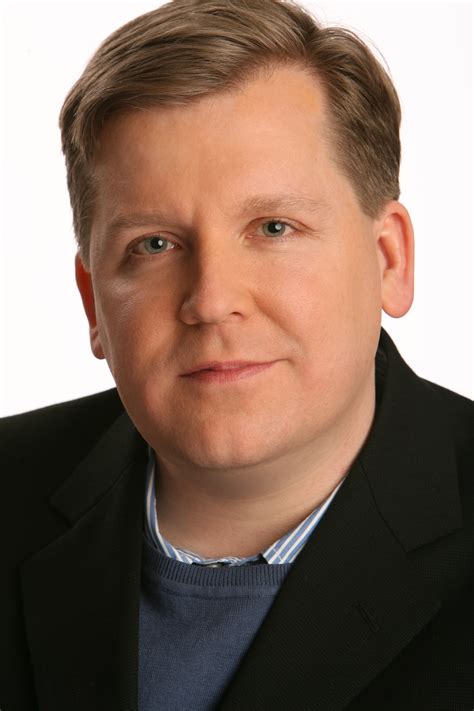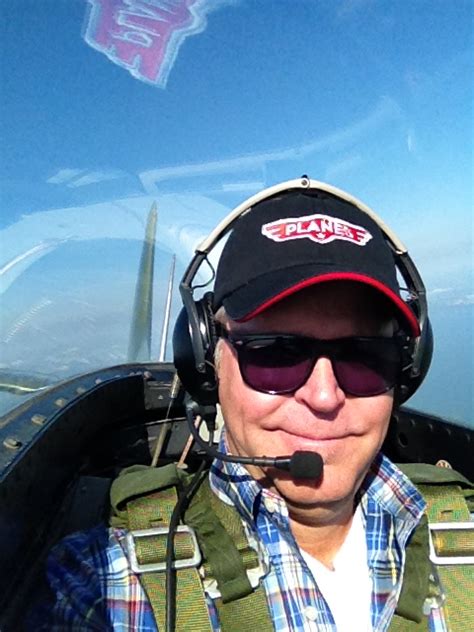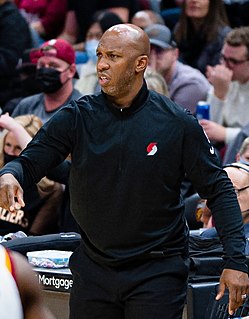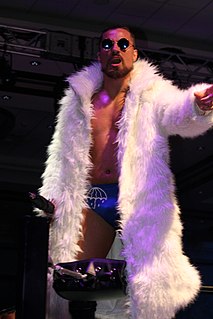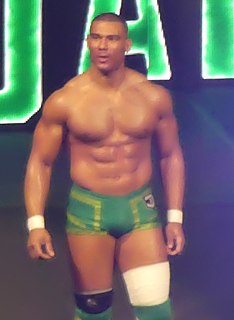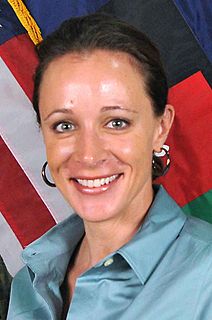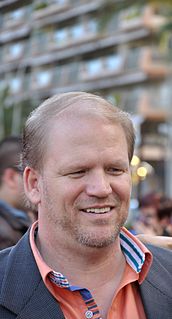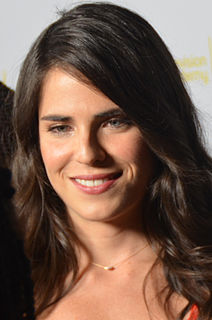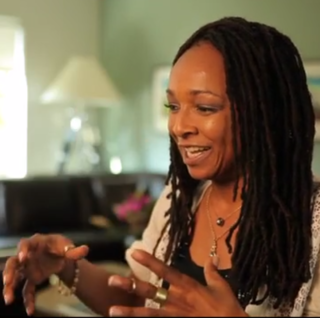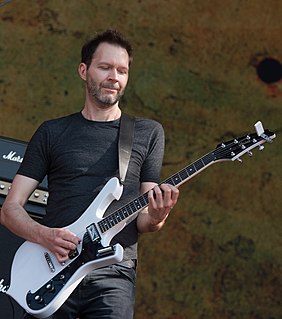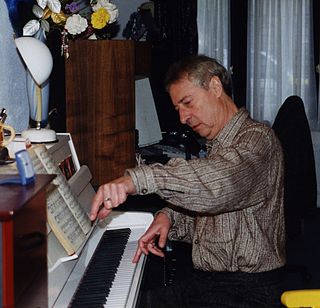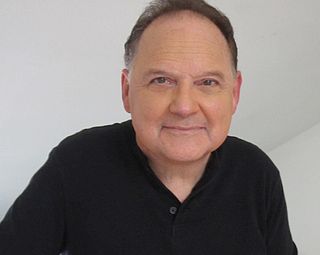A Quote by David Lindsay-Abaire
I'm a playwright by trade, and in theater, writers have complete control over everything. Nobody can change a word without your permission. I've had a couple screenwriting experiences that weren't terrible, but they were typical, where executives came in and gave you sometimes good notes and sometimes horrible notes - but they wanted to change the movie that everybody had agreed to make. After a couple of times, it's like, "Why are we doing this?" The story is not going to turn out very good when 13 people are writing it together.
Quote Topics
After
Agreed
Came
Change
Complete
Control
Couple
Doing
Everybody
Everything
Executives
Experiences
Gave
Going
Good
Had
Horrible
Like
Make
Movie
Nobody
Notes
Out
Over
People
Permission
Playwright
Screenwriting
Sometimes
Story
Terrible
Theater
Times
Together
Trade
Turn
Typical
Very
Very Good
Wanted
Were
Why
Without
Without You
Word
Writers
Writing
Your
Related Quotes
When that word came down that the company had decided that we were going to go theatrical, we hooped and hollered and wahooed and all of that stuff, but the good thing is we didn't have to change anything. It's not like all of a sudden we had to reset, like "Oh my gosh, we're going to theater. We've got to make this better. We've got to make this bigger. We've got to add..." It was all done.
There are a couple of writers I admired who were very good at giving the character's emotion without stating what that emotion was. Not saying "He was feeling tense," instead saying, "His hand squeezed harder on the chair arm," as if staying outside the guy. I wanted to try doing that. I wanted to have a really emotional story in which the characters' emotions are never straight - out told to you, but you get it.
In high school, my friend and I discovered that your cable-access station had to let you do whatever you wanted - it was like the Wild West. We made a couple weird things, like a tribute to the Zucker brothers, where we had a panel discussion about the Naked Gun movies. We wrote a script and made jokes that I'm sure were terrible and showed clips of The Naked Gun without permission.
You get notes from two studios and a network instead of a studio and a network. Although we early on forced them all to do their notes together. I make them all talk to each other first. Because we went through the pains of getting notes from ABC and at the time it was Touchstone, that were opposite - and then CBS notes that were opposite again. So it was, you guys are going to have to work it out as to what is the most important note.
I think being an editor really helped me take other people's notes on my writing. I'd get a note like 'It's too wet' or 'The first couple chapters are good, but then the rest of the pages were so wet that they were completely illegible' or 'Did you dip this in Sprite? This smells like Sprite. Why would you dip your novel in Sprite?' And instead of pushing back, I'd listen. That's an incredibly important skill for a young writer to have.
I told my friend - we were working on a movie together - and he gave me a script and asked me to give him notes. And they were all male characters, and I said, "You know what would make this character more interesting?" And he asked what - and it's this road trip between three guys, basically, one older man, one 30-year-old and a 13-year-old mechanic. And I said, "If you make the 13-year-old a girl, and you make her an Indian-American mechanic." And he said, "What do you mean?" And I said, "Yeah, don't change anything in the script about him, and just make it a her."
I wanted to feel good about the way I looked. I didn't understand why style had to be sacrificed for sports technology. I found when going to the gym women were wearing their own tees, without the technology. I started to think, does it make you run faster if you wear that terrible color or sweat less if you wear that horrible fabric? And I challenged it, and the answers were not there to why we were being given poor design work. It was something I wanted to bring to women's wardrobes.
What happened was I was a songwriter on Quincy Jones' publishing company, Qwest, for two and a half years before I gave him the song for Michael Jackson. He had a meeting with the songwriters. I think there were about six of us on the West Coast and we all had a meeting at his house where he sort of gave us an outline of what he wanted. To finish this BAD album Jones needed one more song to round out the album. I took notes and then I then took my notes to my writing partner Glen Ballard.
You can't plan for people to like your movies. I knew that people were not going to run in droves to the theater for the 'In the Valley of Elah.' I knew they might not want to see it, but I still had to the movie; I felt very strongly about it. Wanting to keep telling a good story is what you want to do, a compelling story.
